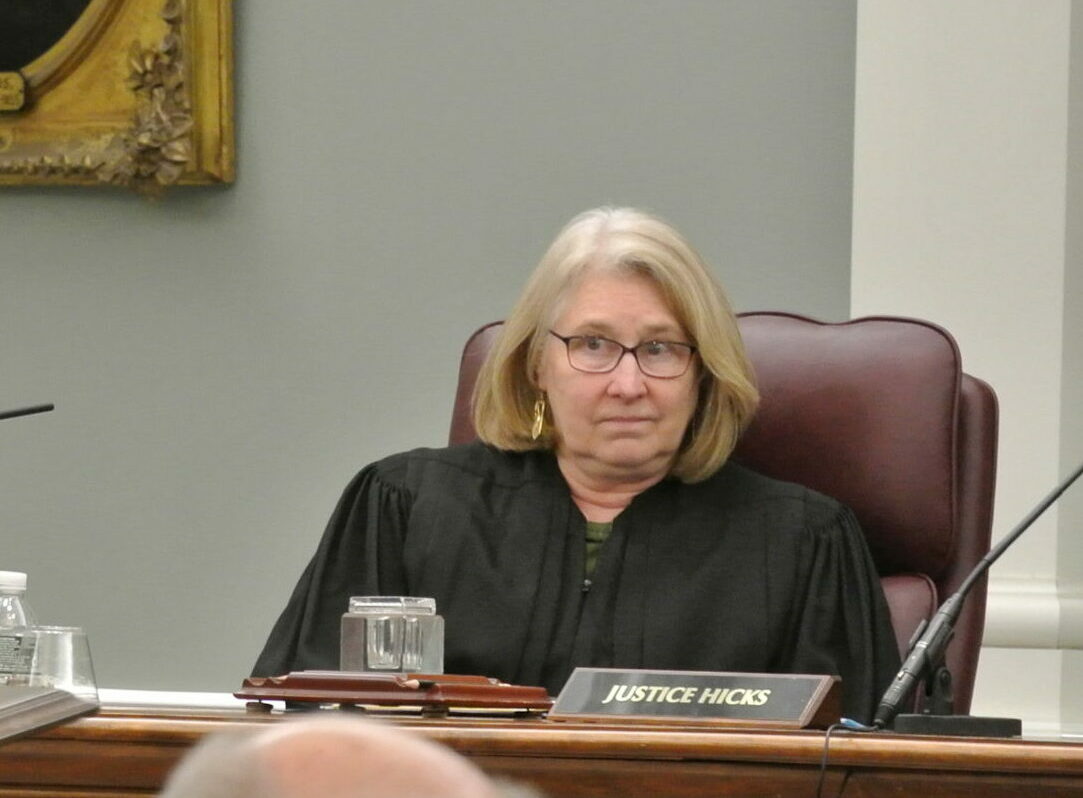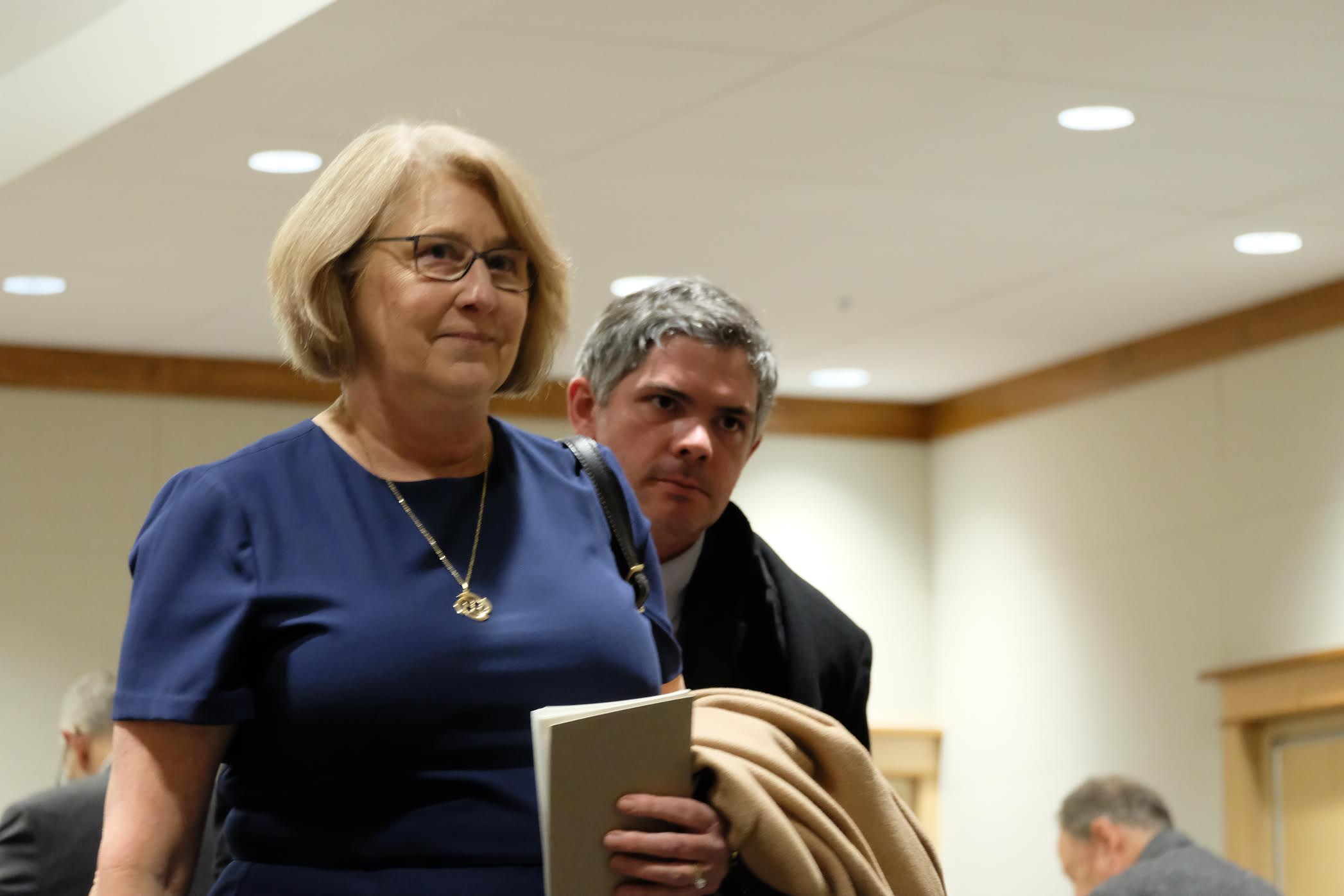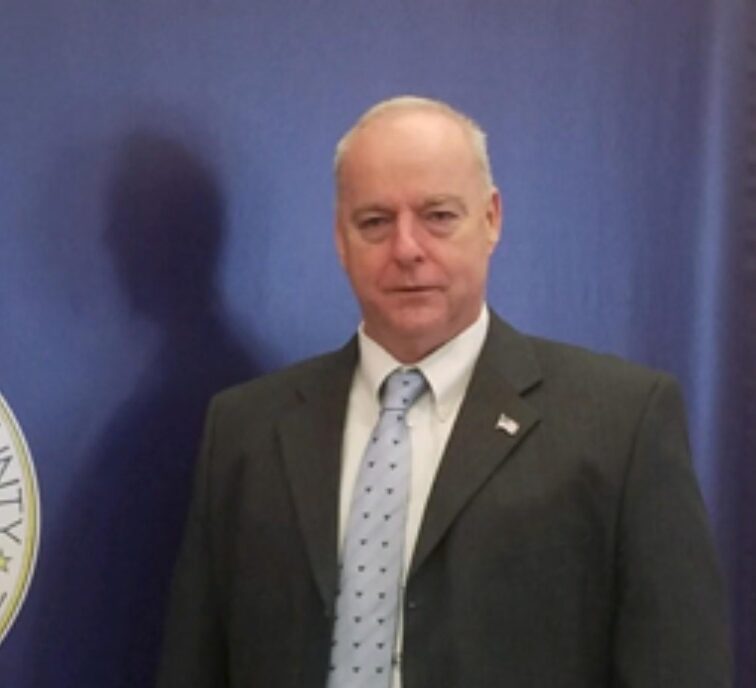In Blow to Income Tax Advocates, NH Supreme Court Upholds SWEPT

Advocates of a state income tax to fund public schools suffered a setback Tuesday when New Hampshire’s Supreme Court ruled the current Statewide Education Property Tax, or SWEPT, is constitutional.
The case, Rand v State of New Hampshire, was the first of two education funding lawsuits launched in hopes of upending the current property-tax-based system. Still looming is the ConVal ruling and its potential $500 million per year price tag.
In a 3-1 decision, the Supreme Court overruled Superior Court Judge David Ruoff, who had declared that the way money is collected is unequal across the state and unfair. He also ruled against the state’s current education spending formula in the ConVal case.
Though the cases aren’t connected, opponents of the ConVal lawsuit were heartened by Tuesday’s ruling, seeing it as a hopeful sign of how the court may be leaning.
New Hampshire’s constitution requires that taxes be applied at the same rate for every community, and Chief Justice Gordon MacDonald wrote in the majority opinion, the current SWEPT law does just that.
“The State Constitution requires that taxes, as ‘impose[d] and lev[ied],’ must be ‘proportional and reasonable.’ N.H. CONST. pt. II, art. 5. The plaintiffs do not dispute that under the SWEPT, as administered, taxpayers are actually assessed at a uniform rate. That concludes the constitutional inquiry,” MacDonald wrote.
The majority ruling states that since every community that collects SWEPT is also allowed under the law to keep excess revenue, there is nothing unconstitutional in the fact that some wealthy communities use the extra revenue to lower local taxes.
The Rand plaintiffs wanted SWEPT suspended since some wealthy towns with high property values collect more SWEPT than needed for education. Under the law, the SWEPT rate is set by the state, but the municipalities collect the revenue and then send it to their local school districts. The law allows towns that collect more SWEPT than required to use the excess revenue to lower local tax rates. The Rand plaintiffs argued that this allowed wealthy communities to effectively have lower tax rates than poorer communities.
Dissenting Associate Justice James Bassett argued that the fact some wealthy communities use SWEPT to lower the local SWEPT tax burden, means those wealthy communities are effectively getting taxed at a lower rate than poor communities, a violation of the constitution.
“To the contrary, when excess SWEPT funds are not sent to the State, but instead are retained by communities, the taxpayers’ effective SWEPT rate in those communities is reduced and Part II, Article 5 is violated,” Bassett wrote.
All four justices agreed that the state’s practice of setting lower SWEPT rates in a few poorer communities does violate the constitution.
(The fifth Supreme Court Justice, Anna Barbara Hantz Marconi, is on leave after being indicted for two felonies and five misdemeanors relating to her attempts to interfere with a criminal investigation into her husband, Geno Marconi.)
Marc Decoteau with the Education Funding Coalition Communities advocacy group applauded the decision, saying it keeps a fair system in place and allows people to decide how to operate their local schools and governments.
“This decision by the court says each community and each taxpayer is being taxed through the SWEPT in the same way. But there is a fairness component to this decision as well. Education expenses are decided by the voters who will pay the property taxes for use within their community, and this decision ensures that their hard-earned tax dollars will be spent in their community while providing for direct accountability,” Decoteau said.
At the opposite end of the debate, NH School Funding Fairness Project Executive Director Zack Sheehan said Tuesday’s decision leaves a fundamentally unfair system in place.
“Allowing some taxpayers in this state to continue to get special treatment and avoid paying their fair share of taxes to support the education of all students in the state is beyond disappointing. For far too long, the State has allowed this two-tiered system to operate, and this order will allow it to continue at the expense of funding for schools in the districts that need it the most,” Sheehan said.
Now, Gov. Kelly Ayotte and the legislature are waiting to see if the Supreme Court will uphold Ruoff’s ConVal decision. In that case, initiated by the Contoocook Valley School District, Ruoff found that the state’s per-pupil adequacy grant of around $4,000 is too low. As a result, he said, it violates the Supreme Court’s Claremont decision.
Ruoff ruled that the per-pupil grants need to be raised to about $7,200. If that’s upheld, taxpayers would need to find an extra $500 million each year to fund public schools.


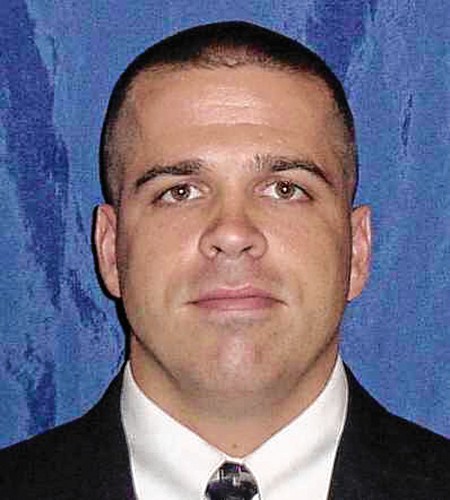
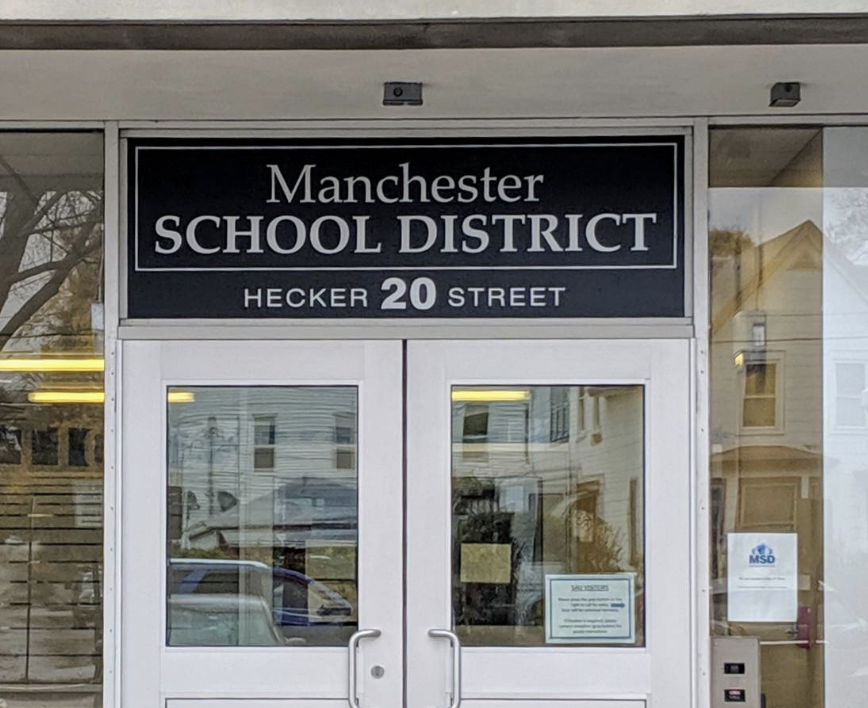
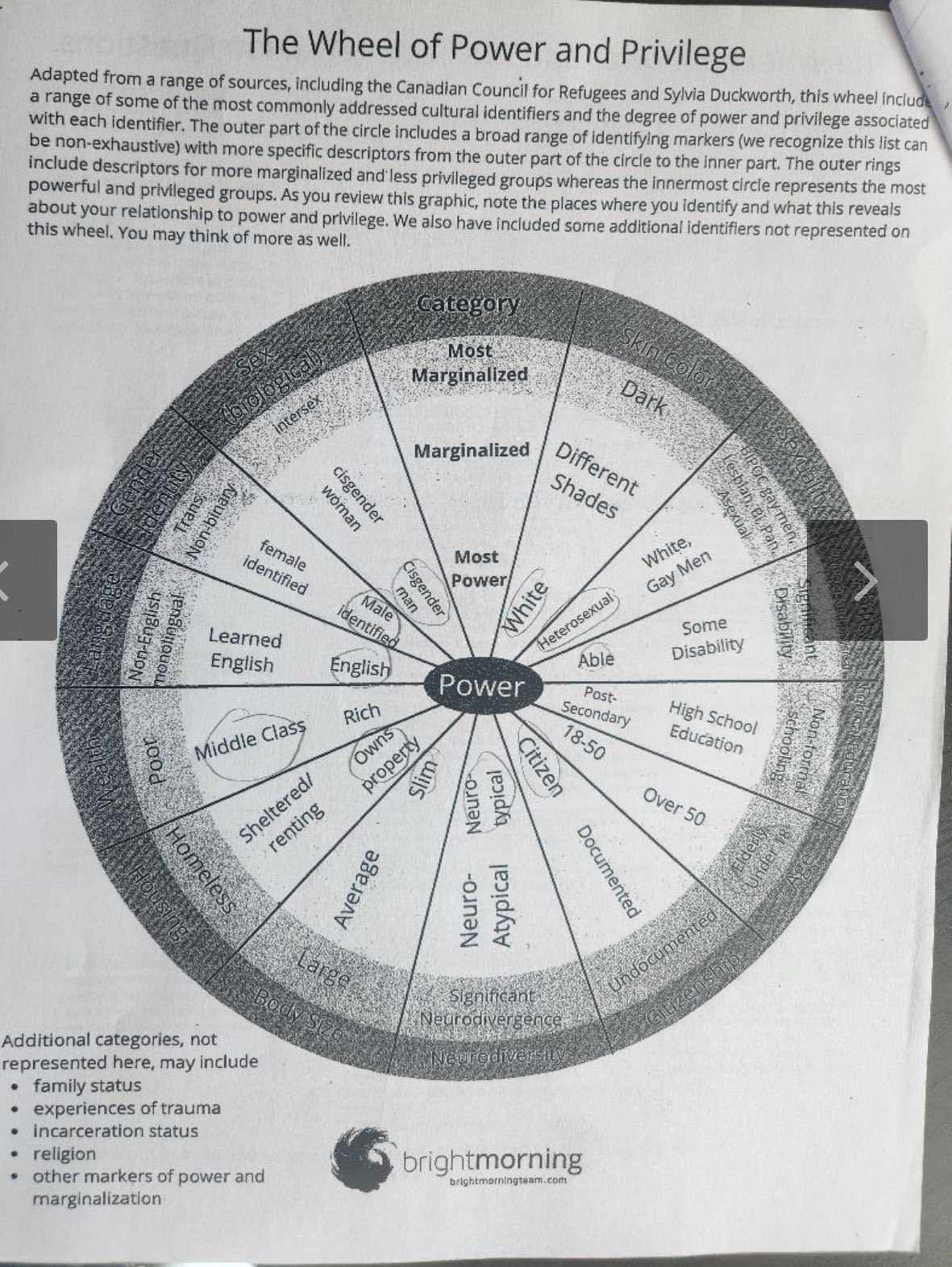 “Given the current political climate and heightened scrutiny around Diversity, Equity, and Inclusion (DEI) work, we are again reminding all staff to refrain from sharing any training materials, especially presentation slides, surveys, facilitator guides, or discussion content with students or external parties,” Hamady Sy wrote. “These resources were designed strictly for internal staff development purposes.”
“Given the current political climate and heightened scrutiny around Diversity, Equity, and Inclusion (DEI) work, we are again reminding all staff to refrain from sharing any training materials, especially presentation slides, surveys, facilitator guides, or discussion content with students or external parties,” Hamady Sy wrote. “These resources were designed strictly for internal staff development purposes.”